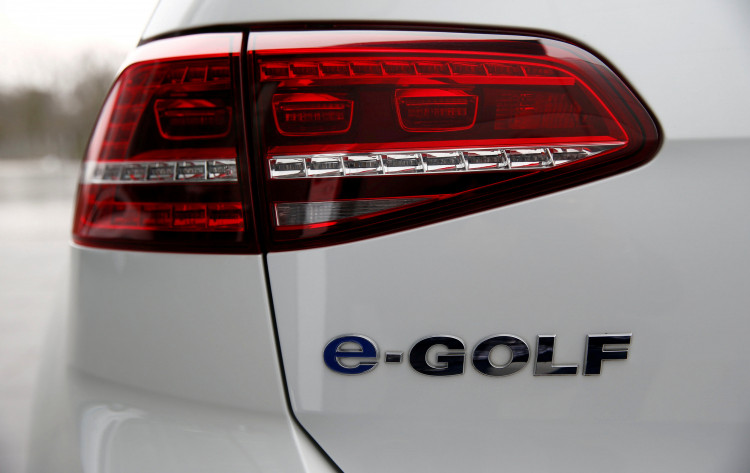Volkswagen will allot $4 billion in developing a new software operating system - the "Volkswagen We" -that will be integrated with new VW brand electric cars that will roll out starting 2019 onwards.
The whole project, which is expected to fully take shape by 2025, includes a cloud computing-based platform that will connect vehicles and customers for an all-electric car-share service. The fleet for this initiative will be designed with electronic software that will allow autonomous driving functions, the company said in an official statement released on Aug. 23.
Typically, vehicles that are being used in e-car share services have at least 70 sensors working separately within each car. For the "Volkswagen We," the fleets of cars will already be installed with sensors that will work together. For example, if a dashboard camera spots a free parking space, the parking sensor will notify the steering, brakes, and maps to guide the car to park autonomously.
Right now, Volkswagen has already made available its "WePark" parking app with integrated billing, the "WeDeliver" parcel delivery service, "and "We Experience" recommendations app. By 2019, all these features will also be integrated into the new digitized system called "WeShare," hence, completing the whole "Volkswagen We" platform.
For its 2019 launch, Volkswagen will initially deploy 2000 electric cars in Berlin. From 2020, "Volkswagen We" will start to roll out in other big German cities, entering Europe subsequently, and finally penetrating selected cities in North America.
From the look of it, Volkswagen has designed the entire project suitably with how events are unfolding in China, a country that makes the company resilient to market challenges. In a speech in April at the Beijing International Automotive Exhibition, the company's CEO, Herbert Diess, said China plays a significant role in the company's group brands.
Indeed, the German automaker sold 1.99 million cars in China in the first half of 2018 according to Nikkei Asia Review. The sales were up by 9 percent from the same period in 2017, the same year when Volkswagen moved 4.18 million vehicles in the country and held a market share of 17 percent.
Next year, the Chinese government will require automakers to push more of their energy vehicles to as much as 10 percent of their sales. By 2020, China will require car companies to have their all-electric cars and hybrid cars comprise as much as 12 percent of their entire sales. Finally, by 2025, all automakers in China will raise the share of their electric cars to as much as 20 percent of their total sales. The country aims to ban all non-electric cars further into the future.
China's timeline toward a future of all-electric cars fit suitably to how Volkswagen designed its digitized platform for its electric vehicles. In fact, Nikkei Asian Review said the German automaker is planning to move 1.5 million electric cars in China by 2025.





